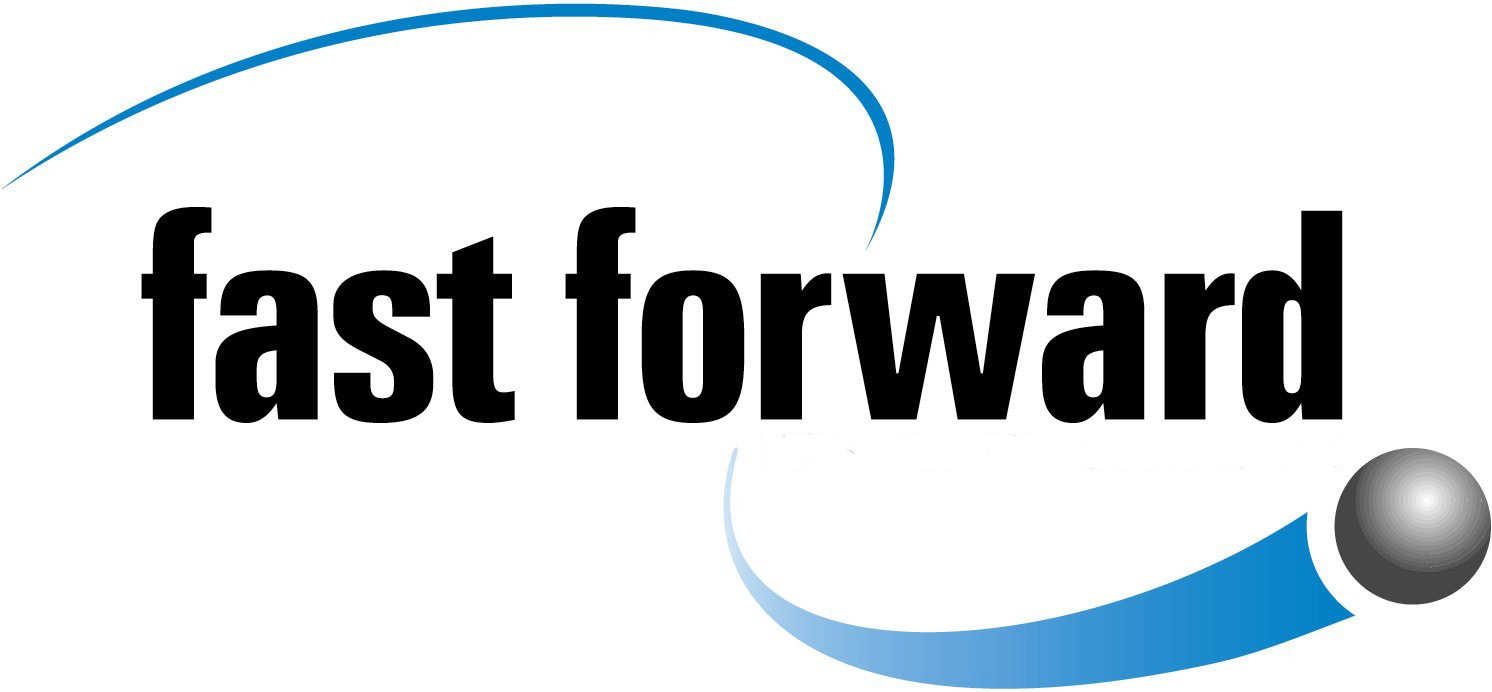3.1 Preventing gambling harms
Gambling-related harm is increasingly being seen as a public health issue. This is because gambling presents a risk of harm to the UK population as a whole – whether through a person’s own gambling and how it affects those close to them, or through the effects that disordered gambling has on communities and society.1
Taking a public health approach to gambling harm involves looking at how it affects the whole population, and how harm can be prevented. It also involves determining who is most at risk of experiencing gambling harm (e.g. young people), and targeting interventions and resources to minimise health inequalities.2
Gambling harm can be prevented, and is not inevitable. Preventing harms at a population level requires policy action on areas such as:3
- Availability of gambling
- Licensing of products
- Gambling advertising
Young people are particularly vulnerable to experiencing gambling harm. Early intervention to educate and support young people and families is an important tool for reducing gambling harms.4
Research from the Royal Society for Public Health found that less than half of young people (46%) would be confident in knowing where to signpost a friend for support around disordered gambling.5 They also found that young people want:
- More gambling education in schools
To be given more information on the health risks associated with gambling, and the support services available to help. - Teachers, parents, and carers to be given more information
Young people identified a knowledge gap in teachers and parents around gambling and new technologies, and they want teachers and parents to be more informed to better support them.
However, a study with teachers from across the UK found that over half (50.7%) did not know where to refer a pupil experiencing gambling harm.6 Teachers also have significantly fewer conversations about gambling, and are less confident addressing gambling than other high-risk behaviours like drug use.
Through the Scottish Gambling Education Hub’s trainings and resources, we aim to address these gaps. We have a List of Gambling Support Services, and further information on how gambling harms affect young people in Chapter 2, including harms to young people’s health.
In the following section, we provide detailed gambling harm reduction advice for educating young people and families.
Harm reduction advice
All gambling carries a risk of harm. However, some behaviour patterns are lower risk than others.
Share the following tips with young people and families, to support them to reduce their risk of experiencing gambling harm:
Set a money limit and stick to it
Decide before you play how much you can afford to lose before quitting, and much you want to spend. Do not change your mind when you lose.
Keep a balance in your life
Gambling should never stop you spending time with friends, family, work, or other positive activities.
Set a time limit and stick to it
Decide how much of your time you want to allow for gambling. Leave when you reach the time limit, whether you are winning or losing.
Never try to win back lost money
Chances are, the more you try to win back your losses, the bigger your losses will be.
Make it a rule not to gamble on credit
Don’t borrow to gamble, including writing I.O.U.s or getting cash advances on a credit card.
Become educated about the warning signs of gambling harms
The more you know, the better choices you can make.
Consider any losses the cost of playing
Expect to lose and treat any winnings as a bonus.
Learn more about how the gambling industry works
The gambling industry makes billions every year from player losses.
Do not gamble if you are feeling angry, upset or lonely
Gambling should be a form of entertainment and should not replace coping skills.
Learn more about how odds and chances work
This can help put ideas like ‘1 in a million’ into perspective.
These tips are intended to prevent the onset of gambling harm if an individual chooses to gamble. They may not be appropriate for someone who is already experiencing gambling harm. See our Resources page for a List of Gambling Support Services.

